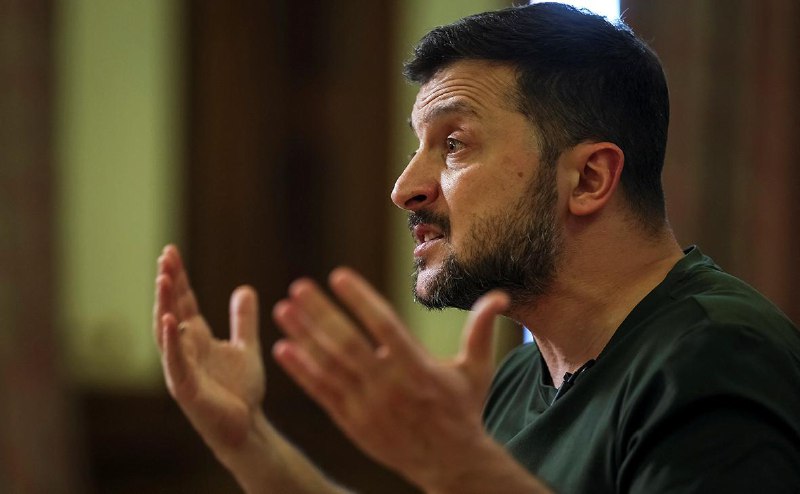group-telegram.com/batraevan/1191
Last Update:
Массированный ракетный удар нанесен по городу Рыльск Курской области. Сообщают о более 13 залпов и 50 взрывах.
Судя по всему обстрел велся ракетами GMLRS из РСЗО HIMARS, хотя пишут и об использовании ракет ATACMS.
Минимум 15 мирных жителей пострадало после обстрела ВСУ ракетами с кассетной боевой частью.
Горит здание педучилища, также повреждены осколками дом культуры, ФОК, школа № 7, пожарная часть и несколько частных домов.
Никакой деэскалации Киев не допустит. Жесть до конца. Вопрос - чьего конца?
UPD: Минимум пять человека погибли в результате обстрела Рыльска. Количество пострадавших увеличилось до 29 человек (Mash).
Возможно это месть за массированный артобстрел Херсона, куда высаживалась российская ДРГ.



